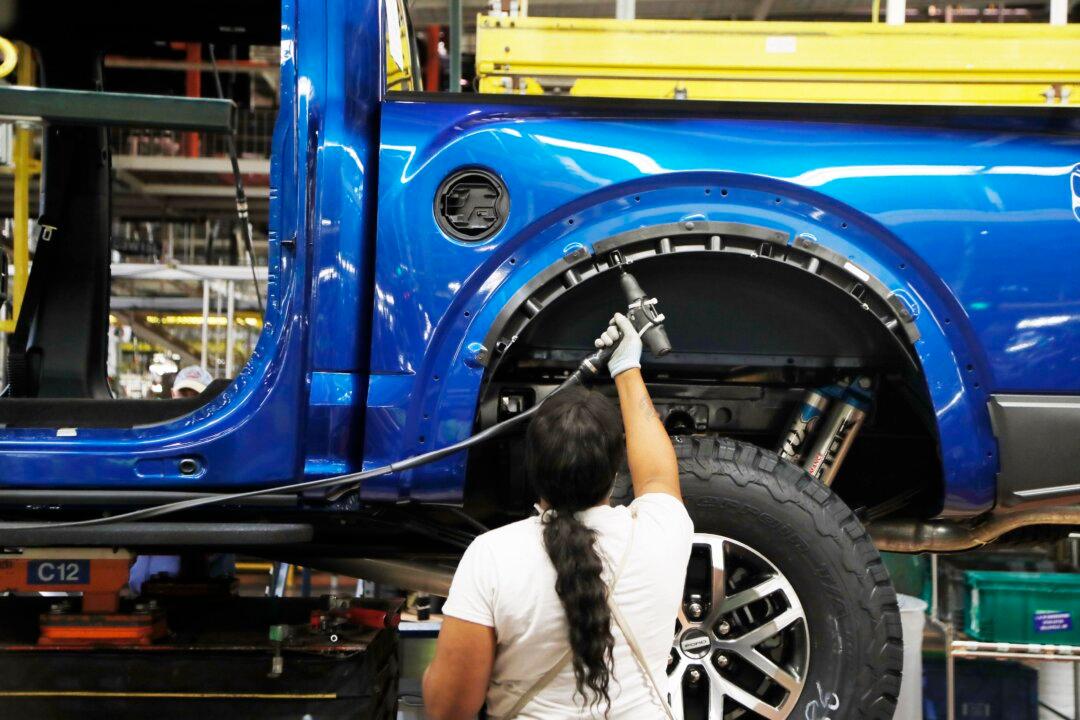One day after reopening a Chicago assembly plant, Ford temporarily shut down the factory because two employees tested positive for the CCP (Chinese Communist Party) virus, commonly known as the novel coronavirus.
While the shutdown was brief—the plant was back in operation Wednesday morning—it is a sign of the difficulty of operating factories while complying with enhanced safety measures put in place to deal with the virus pandemic.




